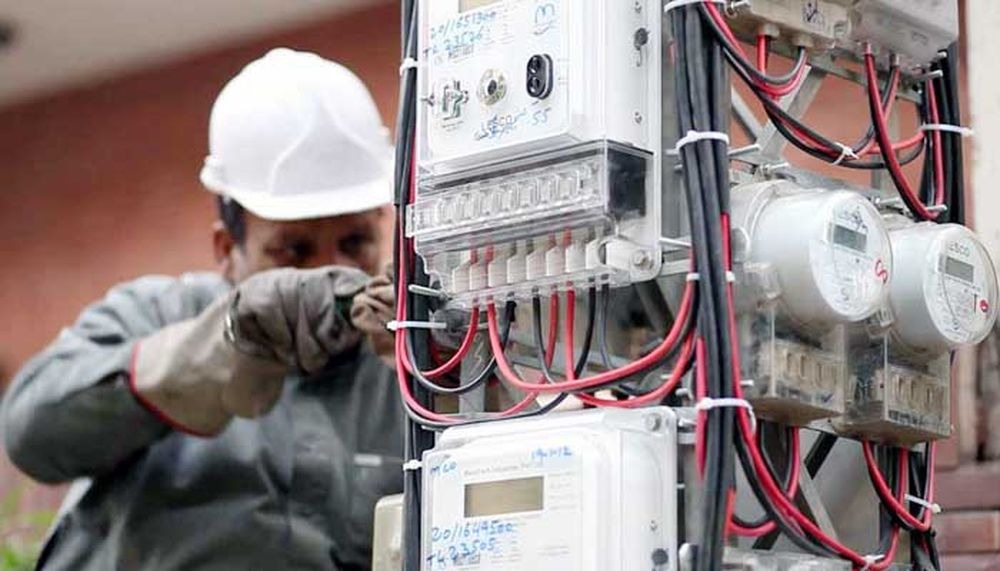Jhelum, Pakistan – Allegations of mismanagement and abuse of authority have surfaced in the Rural Subdivision of the Jhelum Circle under the Islamabad Electric Supply Company (IESCO). Residents report being issued electricity disconnection notices and bills even though their connections remain inactive and meters uninstalled.
Citizen Paid for Meter Installation, Yet Receives Bill
According to local sources, a resident of Kotli Allah Yar, Hamid Tanzim, paid a substantial sum to the Rural Subdivision staff to have two new electricity meters installed. Despite making the payment in cash, no meters have been installed, and the electricity connections have not been activated.
To my shock, not only was the meter never installed, but I also received an electricity bill of PKR 2,828 along with a notice threatening disconnection,” Hamid told media outlets. This comes at a time when electricity prices are expected to rise nationwide next month, adding to the financial burden (read more). He expressed frustration over what he described as a magical connection — one that exists only on paper.
The incident highlights what local observers describe as a broader issue of administrative inefficiency within IESCO’s rural divisions. Residents fear that similar cases may be widespread, leaving many citizens at the mercy of unchecked departmental authority.
Public Outcry and Calls for Accountability
Local communities have reacted with disbelief and concern. If bills are being sent without meters, we are not talking about electricity theft anymore. This is a new form of bill theft, one resident commented.
Community members and affected citizens have demanded a formal investigation into the irregularities. They are urging higher authorities, including the Chief Engineer Islamabad and the Superintending Engineer of IESCO Jhelum, to intervene and hold responsible staff accountable.
The department must conduct a thorough inquiry to ensure that such incidents do not recur. Citizens should not have to pay for a service that they have not received, local activists said.
Systemic Issues in Rural Electricity Distribution
Pakistan’s rural electricity network has faced criticism in recent years for delayed meter installations, billing errors, and poor service delivery. According to data from the National Electric Power Regulatory Authority (NEPRA), complaints regarding billing discrepancies and illegal disconnections have been steadily increasing, particularly in remote areas.
Experts note that lack of oversight and bureaucratic inefficiency often allows local staff to operate without sufficient accountability. In extreme cases, residents may face both financial and legal pressures despite having no active electricity connection.
The situation in Jhelum is not unique, said an energy sector analyst. Rural areas across Pakistan frequently encounter similar issues where meters are delayed, bills are issued incorrectly, and disconnection notices are sent without proper verification.
Demand for Transparent Oversight
Residents of Kotli Allah Yar and neighboring areas are calling for stricter monitoring mechanisms within IESCO’s rural subdivisions. They insist on prompt installation of meters, accurate billing, and a transparent grievance redress system.
“The authorities must ensure that every citizen receives the service they pay for and that any misconduct is addressed immediately,” Hamid Tanzim emphasized.
This incident underscores the urgent need for improved administrative practices and stricter accountability in Pakistan’s rural electricity sector. Without systemic reforms, citizens remain vulnerable to bureaucratic lapses and financial exploitation.















